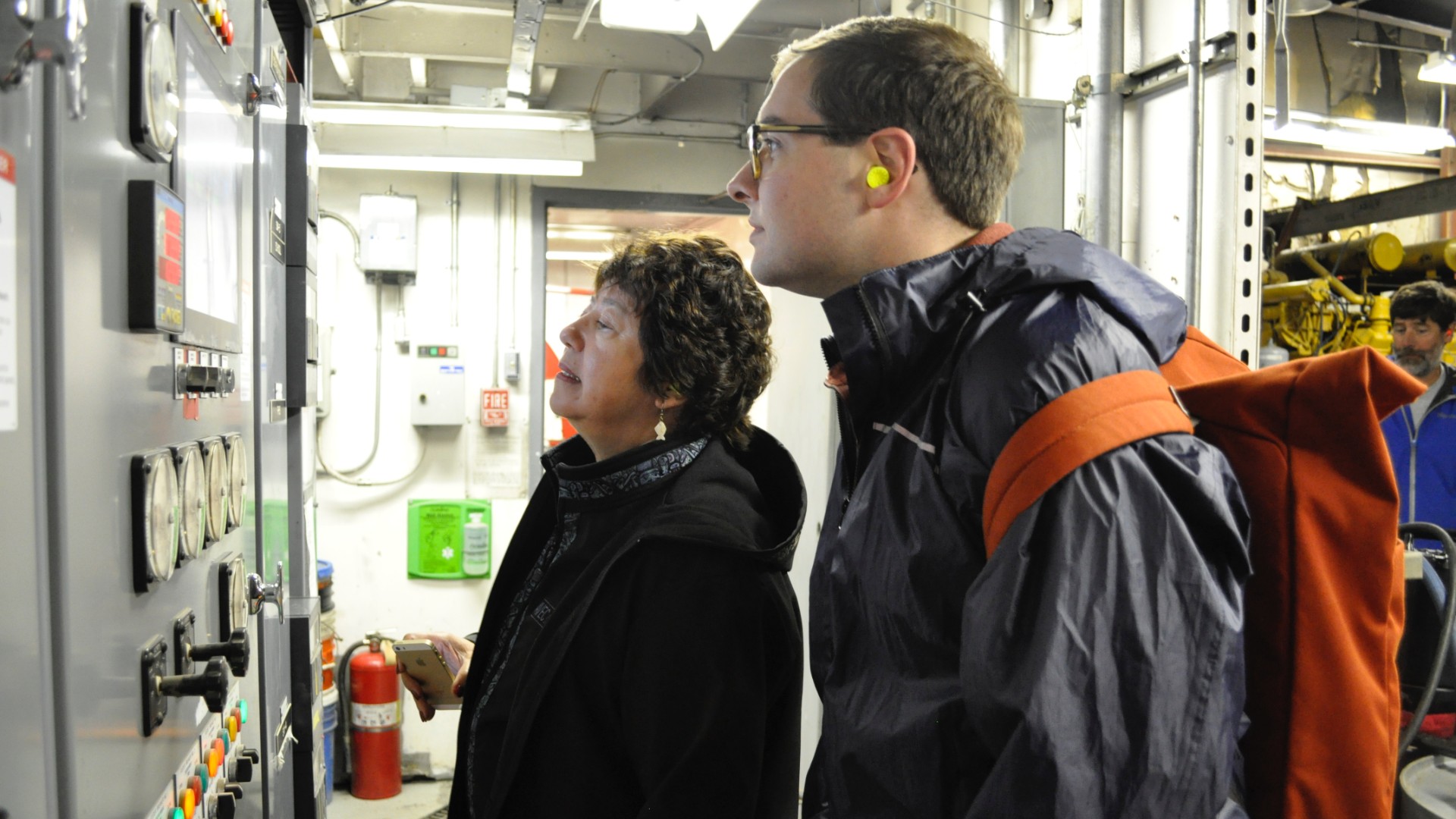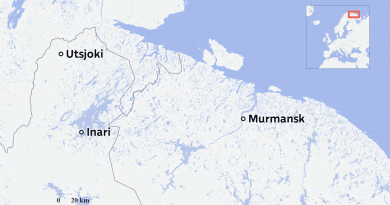Alaska remote diesel generators win exemption from pollution rule

Congress has passed a bill to exempt diesel generators in rural Alaska from an air quality rule that village utilities say was unworkable for them.
The exemption, sponsored by Sen. Dan Sullivan, is now headed to the White House for the president’s signature.
At issue are the so-called Tier 4 restrictions on particulates in diesel exhaust. The Alaska congressional delegation has tried for years to exempt rural Alaska generators, from strictest level of the tier system, which the EPA created in the 1990s.
Meera Kohler, CEO of the Alaska Village Electric Cooperative, said the extra equipment needed to meet the Tier 4 standard makes generators run less efficiently.
“Which means that you’re burning more diesel for the same amount of electricity,” she said.
And, Kohler said, the filtering process produces its own waste.
“As a result, you have a toxic compound that you can’t dispose of in the villages,” she said. “It was truly an impossible situation.”
Kohler says her co-op, which powers 58 communities, has worked around the rule by importing used generators from the Lower 48 that were made before 2014, because they didn’t have to meet the latest standards.
“We’re running out of those,” she said. “There’s a limited number of used stand-by generators that could be pressed into service for rural Alaska.”
Exemptions welcome
The Environmental Protection Agency announced this summer that it would exempt rural Alaska, but the rule change hasn’t gone into effect yet, and an act of Congress is less vulnerable to lawsuits.
The exemption would allow remote Alaska utilities to emit more particulate pollution than power plants elsewhere. But Kohler said the villages her co-op serves aren’t trapped in valleys and don’t have air quality problems. The emissions dissipate, and anyway, she said, electrical generation produces a relatively small volume.
“The heating fuel, which is right in people’s homes, they’re exposed to much higher emissions from that consumption than they are from the power plant, which typically is some distance from the population center,” Kohler said.
In the western Alaska village of Kongiganak, Puvurnaq Power Company Manager Roderick Phillip was delighted to hear of the bill’s passage.
“I’ve been waiting for these tier emission reliefs for Alaska,” he said. “Waiting impatiently.”
He’s got several older generators. Once the bill becomes law, he’ll be able to buy a new one – without the Tier 4 equipment. Phillip says the equipment is notorious for breakdowns, which would likely mean flying a technician in from out-of-state to get the generator running again.
“It’s too high. Cost is too high for rural Alaska utilities,” he said.
As for cleaner emissions, Phillip says Kongiginak runs on wind power about half the time.
Related stories from around the North:
Canada: Nunavut gov unveils carbon tax mitigation measures, CBC News
Finland: Few Finns willing to make sacrifices alone for climate, poll finds, Yle News
Norway: Unfazed by youth climate protests, Norwegian gov expands Arctic drilling, The Independent Barents Observer
Russia: Norilsk, Arctic Russia is world’s largest sulfur dioxide emissions hotspot: report, The Independent Barents Observer
Sweden: Local councils in Sweden more interested in climate change preparedness, Radio Sweden
United States: Alaska’s largest city unveils climate plan calling for 80 percent emissions cut by 2050, Alaska Public Media



